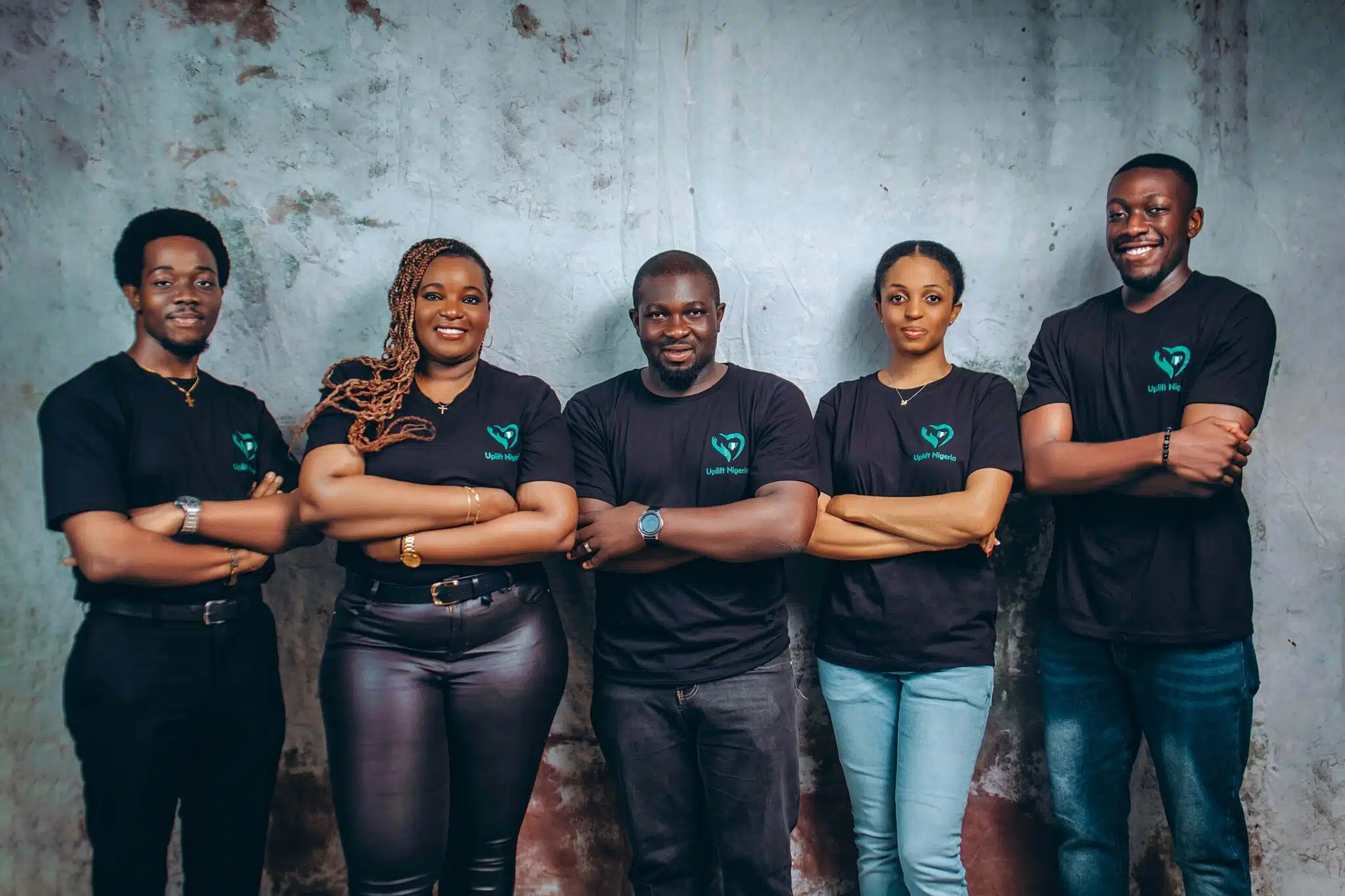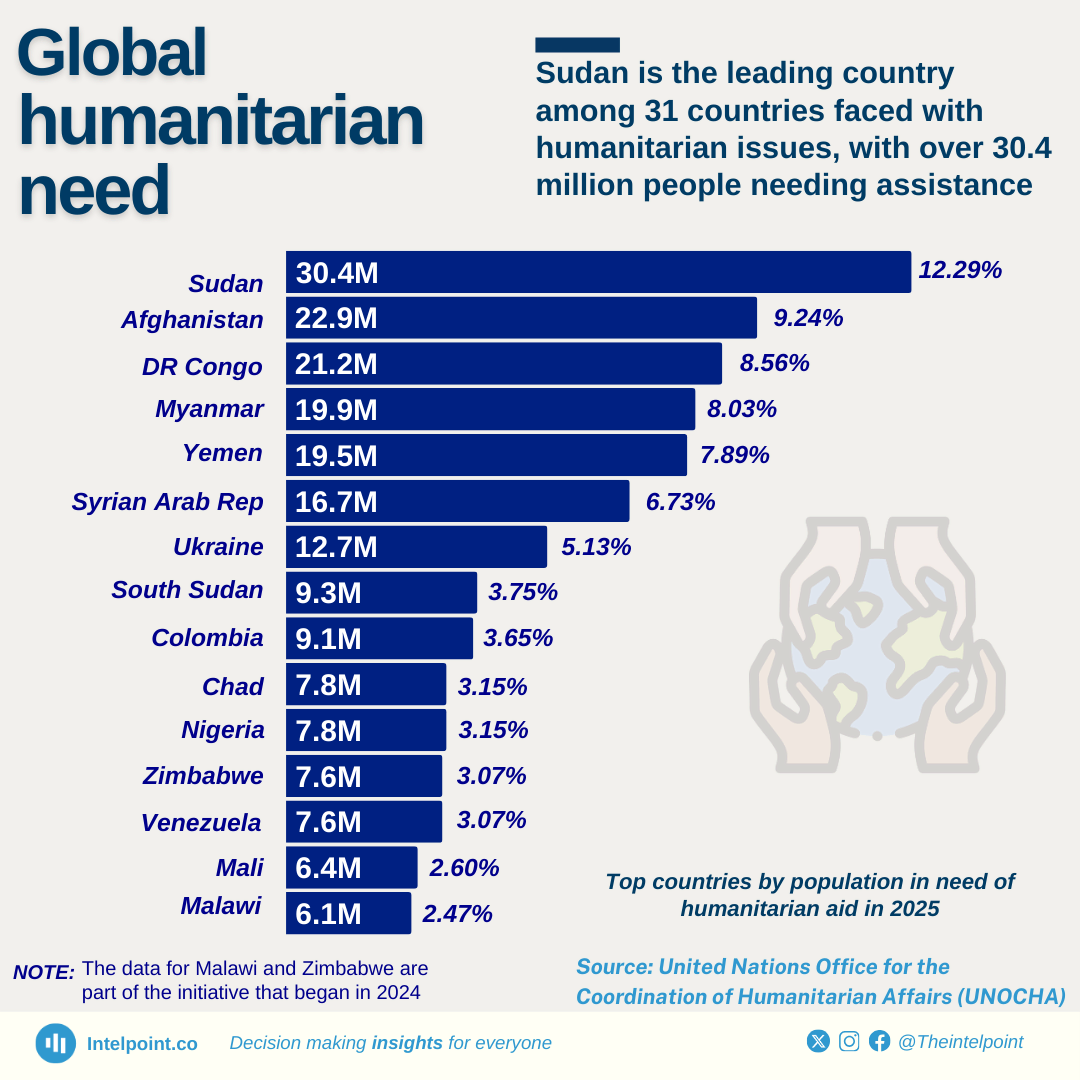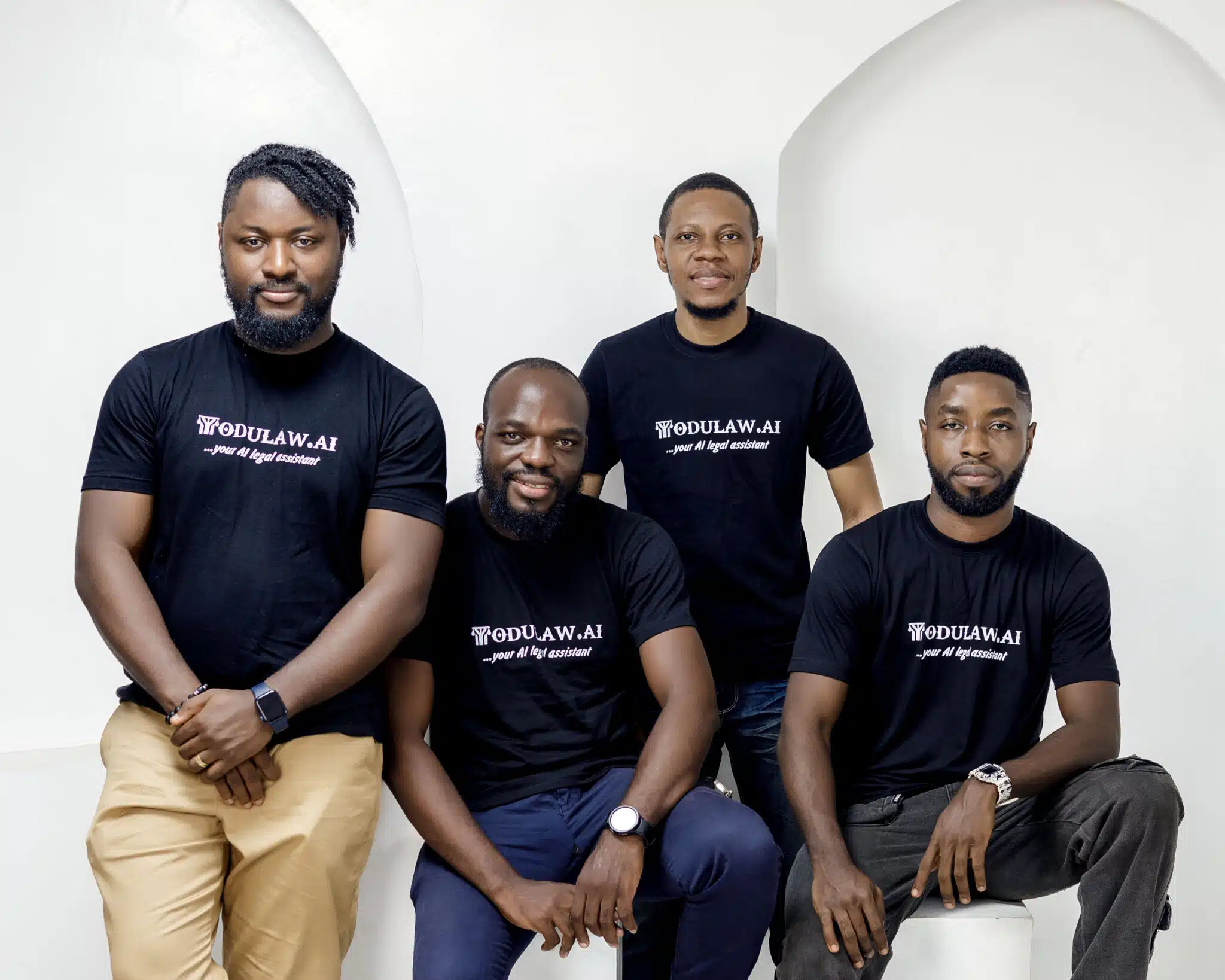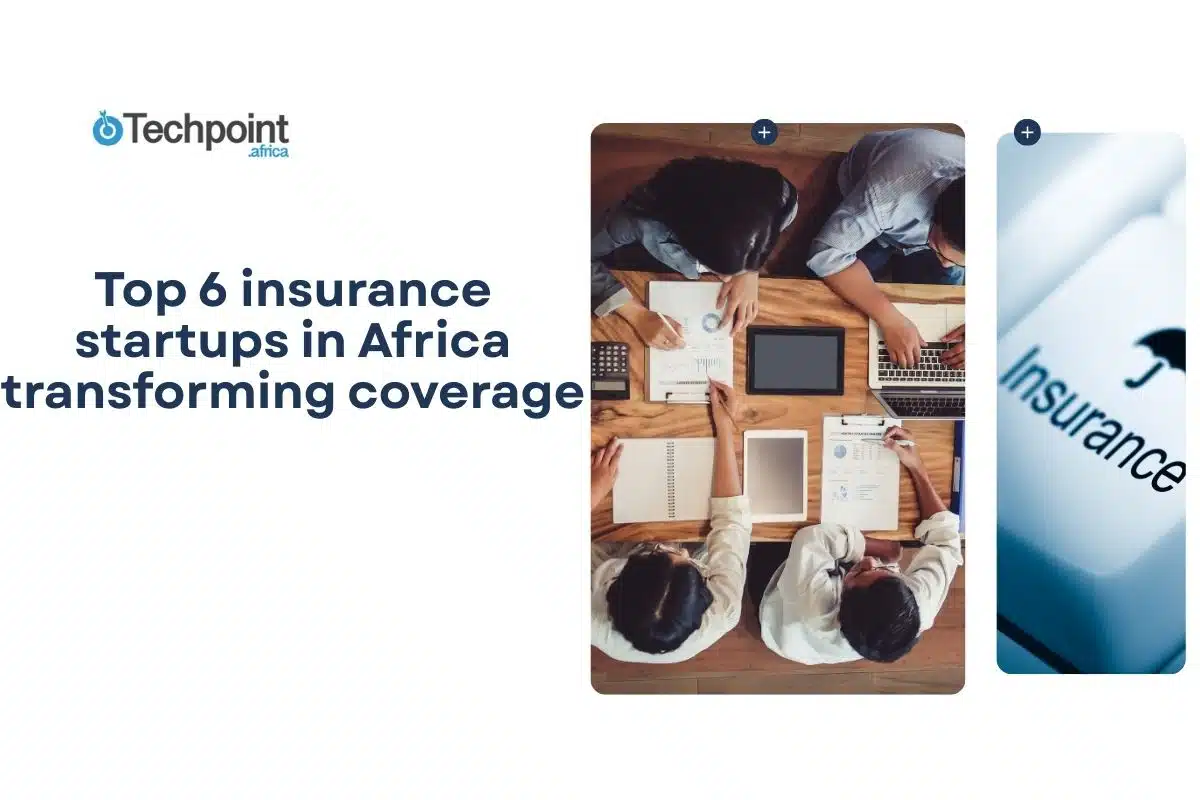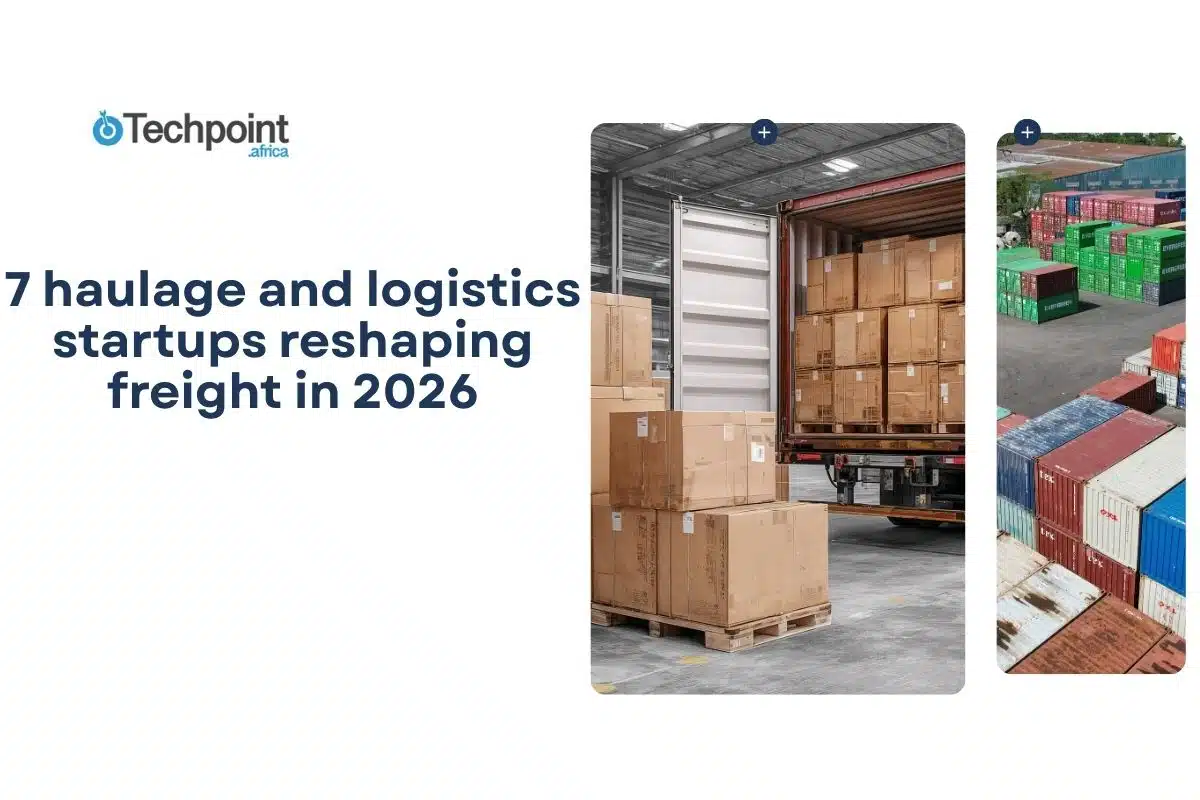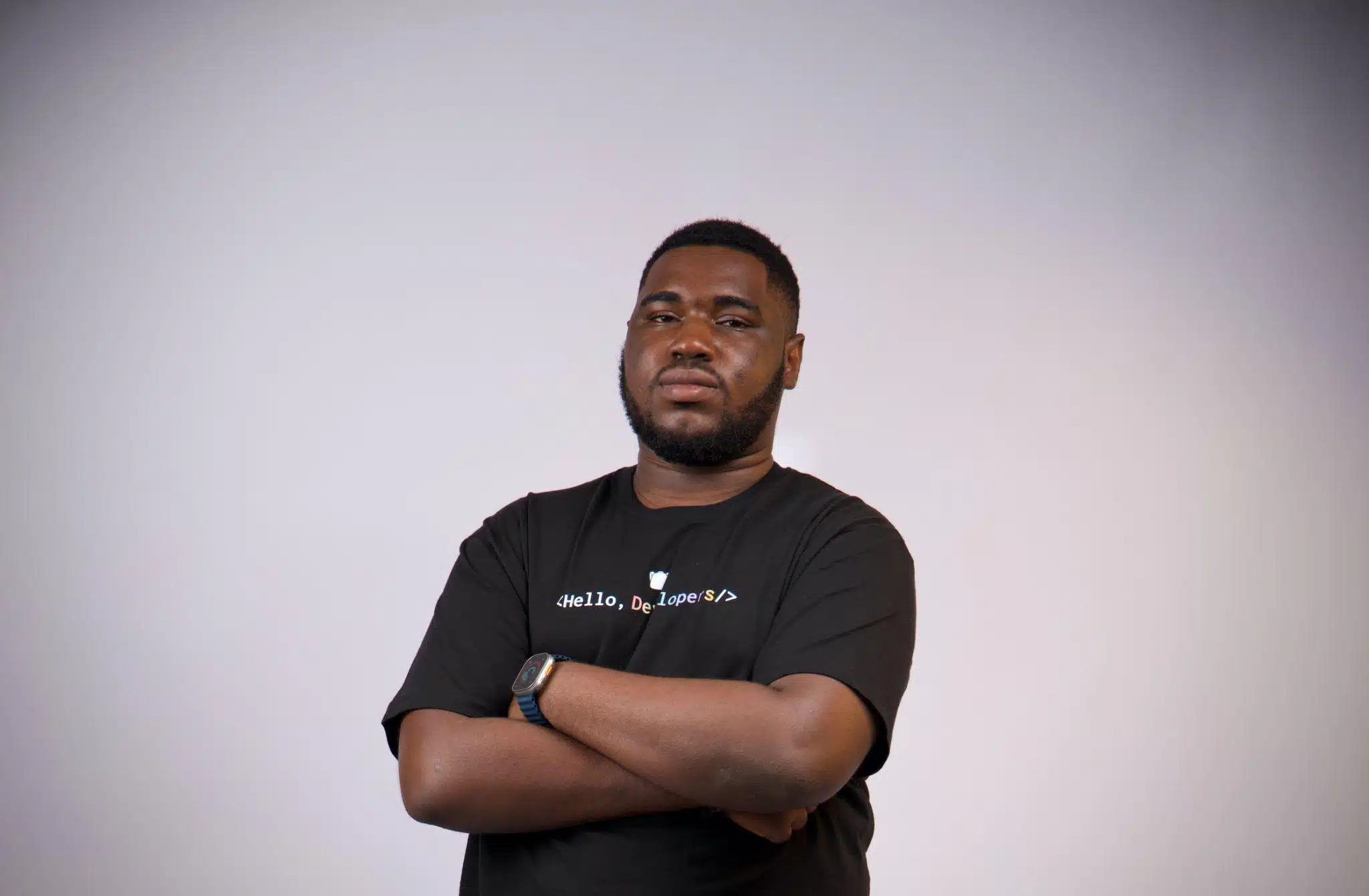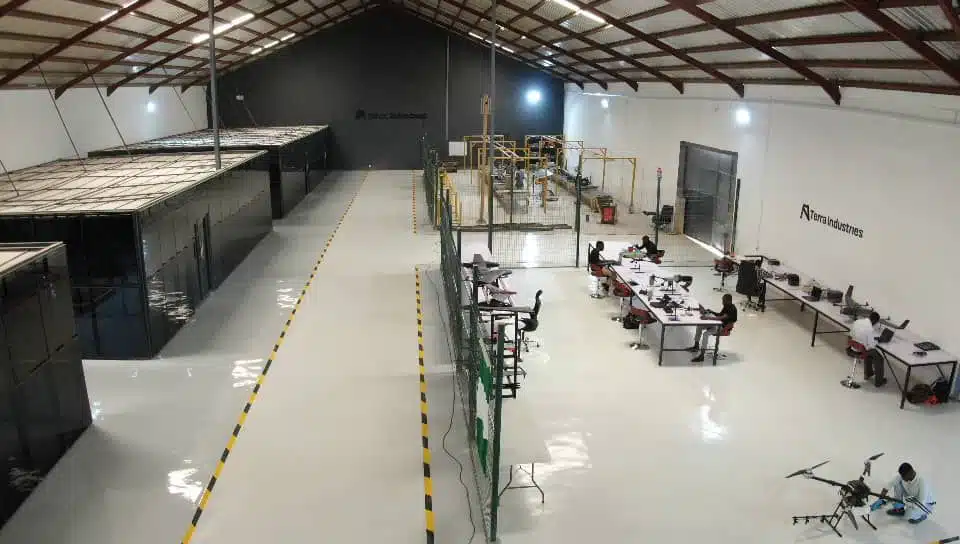Over the last decade, Antonia Davies has worked as a business analyst across both the private sector and the Central Bank of Nigeria (CBN). Her focus at these jobs was on building solutions to systemic problems, often for government clients. Doing this exposed her to the challenges that came with tracking the results of social impact programmes, convincing her that a solution was needed.
A UNICEF report stating that 1 in 3 children experience severe child food poverty was her wake-up call, and along with a small team, she began working on what is now Uplift Nigeria, a for-profit startup building a tech-enabled donation platform that aims to fix what Davies calls a broken pipeline between donors and beneficiaries. At its core, Uplift wants to make giving measurable and meaningful.
For a proof of concept, she needed to see if people who expressed an interest in getting financial help would be willing to undergo some form of verification. The process was largely manual, involving filling out forms and taking photos or presenting proof of identity. The team also spoke to potential donors to determine if they would be willing to run donations through a platform that provided verified recipients.
Verified donations, verified people
Uplift Nigeria is not your typical donation platform. For starters, it doesn’t allow just anyone to sign up and request money.
“We don’t just want anybody to go online and go through our vetting process. We want it to be targeted, so for now, we’re working with underserved women and children in local communities.”
So far, the company has developed a robust biometric and identity verification system, including liveness checks, facial recognition, and matching bank accounts to individual identities to ensure that donors are helping real people with real needs.
Most of its target audience lack smartphones to sign up on the platform, so data collection happens through local agents embedded in communities. These agents are paid to collect photos, ID cards, and other documents.
Despite a dependence on cash in Nigeria’s rural areas, the company insists that users sign up with a bank account. However, it does not turn away anyone without a bank account, often helping them to open an account.
“We like the fact that we are actually driving financial inclusion because one of the things that I faced at previous places was that there was no incentive for anyone to create a bank account. But now there’s an incentive for a woman in her twenties or thirties who has kids to open a bank account, which is one of the things that the government has been trying to do for a while.”

Victoria Fakiya – Senior Writer
Techpoint Digest
Make your startup impossible to overlook
Discover the proven system to pitch your startup to the media, and finally get noticed.
Part of Uplift Nigeria’s pitch is helping large organisations cut the overhead costs associated with CSR obligations. Leveraging the platform means businesses can fulfil these obligations without a large team or additional logistics costs.
The business model

Uplift is not a non-profit. Individual donors pay a 5% service fee, while organisations pay 8%. The fees go towards operations and funding the tech stack powering the platform, including biometric verification, identity matching, facial recognition, AI checks, and OCR processing.
“We see ourselves as a tech company solving a problem. Non-governmental organisations typically are trying to help, but when you meet them and ask who they have helped and what data they have on them, it gets tricky. What we are trying to do is bridge that gap and provide actionable data.”
Each donor, whether an individual sending ₦5,000 or an NGO disbursing ₦5 million, can track every transaction, see recipient profiles, and, crucially, understand the outcome.
When starting out, Davies says the team expected to focus on institutional donors, but much of its early traction has come from individuals who saw the platform on social media. Many of these donors prefer to remain anonymous, and Uplift Nigeria provides that option during sign-up.
So far, Uplift has registered 2,000 vetted users and disbursed about ₦500,000 across 20 individuals. It’s early, but the platform is seeing steady growth without marketing spend or a mobile app.
That early success is driving how the company looks at its future. Whether you want to crowdfund donations for a flood in Lokoja or fund education initiatives for out-of-school children, Uplift Nigeria wants to drive that while giving you visibility into how the funds are used.
Closing loopholes
With fraud being a major concern in Nigeria’s financial ecosystem, Uplift has built in guardrails from day one. Tiered account limits ensure that new users without BVNs (bank verification numbers) can’t receive more than ₦100,000 and often far less initially.
The platform also tries to tie donations to a purpose. If someone says they want to enrol in a Coursera class, they get a voucher, not cash. It has also built systems that flag certain requests. For example, if a user requests ₦5 million to start a tailoring business in a rural area, that triggers both a tech alert and human review.
“We use AI to tag unusual requests. Then we verify with our community agents. We’ve made it hard for the system to be gamed.”
Donors also undergo due diligence, especially institutional funders and those giving large sums. Uplift works with banks to ensure AML/CFT (anti-money laundering/counter-terrorism financing) compliance before money moves.
Part of Uplift’s mission is to solve a problem government agencies and foreign donors have struggled with for years – accountability for funds disbursed and verifying the identities of recipients only solves half of the problem.
Post donations, the startup plans to track the use of funds using agents. However, building out an agent network is an expensive undertaking, and it’s considering using the National Youth Service scheme. More than 300,000 young Nigerians participate in the scheme annually, and Davies says it is exploring a partnership to engage them as agents.
Building for scale
Beyond Nigeria, Uplift sees opportunity in regions with similar challenges. The tech is adaptable to any underserved community where poverty is high, internet is spotty, and documentation is poor.
They’re also building for offline access through a mobile app that works in low-connectivity zones, enabling agents to upload data when they’re back online. The team also hopes to build tools for humanitarian organisations operating in conflict zones, enabling secure tracking of aid distributed in those regions.
The idea behind Uplift Nigeria may sound simple, but in a country where government programmes often lack transparency, building that kind of trust is anything but simple. Still, Davies is adamant that the startup
Uplift Nigeria is currently bootstrapped, although it’s open to funding that aligns with its mission. For now, it’s focused on expanding partnerships with vocational trainers, CSR departments at large corporates, and diaspora donors.
Whether it’s a widow in Kaduna trying to start a soap business or a Nigerian-American in Atlanta who wants to support three families back home, Uplift wants to be the digital bridge between intent and impact.
“There are a lot of people out there that are willing to help, and we’re happy that we can help them with that. As long as you want to help, let’s help you help the people you want to help.”

